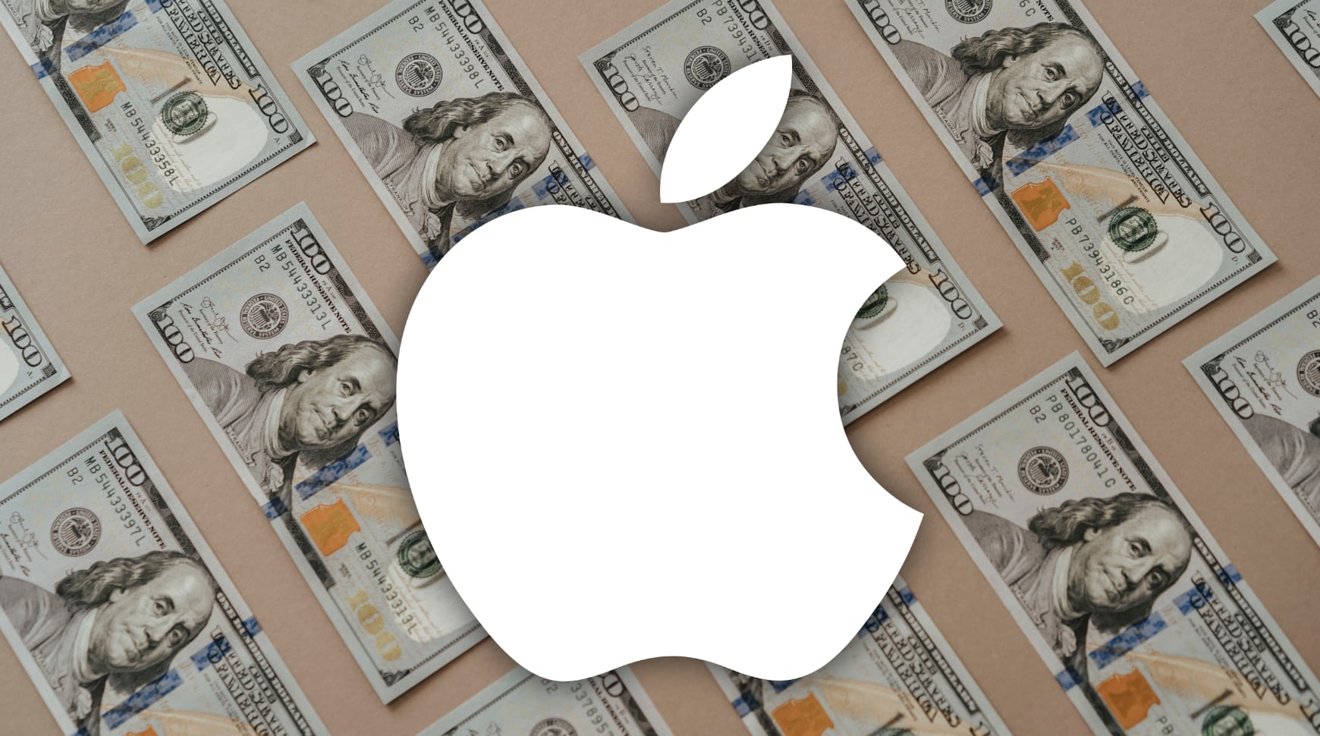Apple to pay more tax in UK following EU profit-shifting law repeal
Apple could be made to pay more tax on earnings from the United Kingdom, proposals from the Chancellor of the Exchequer Rishi Sunak suggest, with a repeal of legislation potentially affecting how tech giants manipulate their taxes on the way.
The UK Treasury's annual budget outlines inbound tax changes and other policy updates that can affect how individuals and companies are taxed. One small change has been spotted in the announcement that paves the way to bigger tax changes that can affect Apple and other tech companies in the future.
Buried as a single line in the budget announcement but explained further by the UK government's website, the proposal spotted by Bloomberg repeals a law that affects royalty payments.
The repeal of provisions in the Interest and Royalties Directive affects UK companies that make "payments of annual interest or royalties" to connected companies within the European Union. Specifically, the repeal eliminates any tax exemptions in place that affected EU companies when funds are transferred in such a way.
EU companies therefore will "no longer receive more favorable treatment than companies based elsewhere in the world," the policy states. In effect, companies in EU countries would be treated the same way as firms based in other regions regarding royalty payments.
Apple, like other multinationals, uses tax rules to funnel revenues through the most tax-efficient route, minimizing the amount of tax it pays to governments. For UK revenue, this has involved royalty payments paid to Apple's European headquarters in Ireland.
Apple's use of its Irish headquarters for tax purposes has been highly lucrative to the iPhone maker. It is currently in the midst of a prolonged legal fight with the European Union over a $14.4 billion tax ruling.
The rule change isn't likely to be a hefty cost to Apple or others as of yet, as the UK Treasury believes it will only bring in an extra 10 million pounds ($13.8 million) annually to the government. However, the change is likely to be the first step for the government to implement other changes that can minimize the amount of tax moved around.
"The repeal would make it easier for the UK to target royalties and interest payments to European tax havens if the UK wanted to override tax treaties, as there would not be a second layer of the directive to prevent the override," said TaxWatch executive director George Turner. With the UK's "Brexit" from the EU, there's also no requirement to follow its tax directives.
A Treasury spokesperson described the policy as a "post-Brexit technical change," and that it will continue to abide by international obligations, such as Double Taxation Agreements. The UK "continues to be at the forefront of the global action to tackle tax avoidance, with a series of robust measures in place to tackle profit shifting arrangements," they continued.
In February, German finance minister Olaf Scholz warned that global tax reform was "highly likely" to be introduced in 2021, affecting Apple and other tech giants. Negotiations in the OECD are still underway to revamp tax laws, with an international agreement to close tax loopholes potentially arriving by the summer of 2021.
 Malcolm Owen
Malcolm Owen












 Christine McKee
Christine McKee

 Amber Neely
Amber Neely

 William Gallagher
William Gallagher









